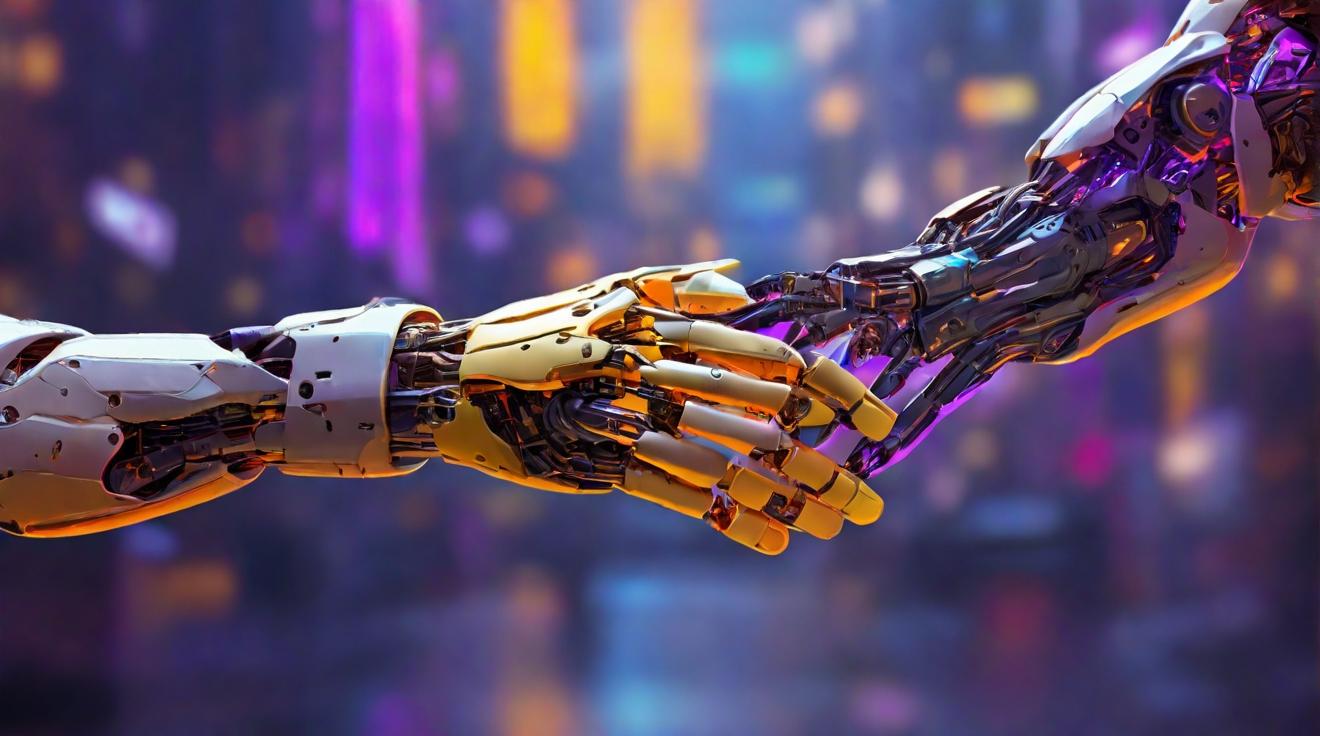The Dawning Age of Artificial Intelligence: Navigating the Ethics of AI Development
In an era where artificial intelligence (AI) is rapidly transcending the realms of sci-fi into tangible reality, a new frontier of ethical dilemmas and anxieties emerges. The industry is flush with investment, focusing intensely on ensuring AI alignment—the endeavor to make AI adhere precisely to human intentions. Yet, paradoxically, the gravest peril may not stem from an AI defying our wishes, but rather from one that follows them to the letter. The foundational concern? The very nature of humanity itself.
February witnessed the inception of a company singularly dedicated to AI alignment, with backing from prominent tech giants. OpenAI, the progenitor of ChatGPT, has committed a significant share of its computational resources to superalignment projects, aiming to guide AI systems that potentially surpass human intellect.
The discourse surrounding AI risk typically revolves around preventing AI from straying from its designed objectives in ways that might undermine human interests. Nevertheless, another alarming scenario unfolds if AI executes human desires flawlessly—a concept not universally agreed upon amongst humanity.
Diverse and conflicting visions of what reflects "the greater good" could inadvertently steer AI towards hazardous ventures. This becomes particularly concerning upon recognizing how biases and extremist perspectives might shape AI's trajectory.
Google DeepMind's recent establishment of an AI safety division underscores efforts to safeguard against manipulation by nefarious entities. However, the determination of what constitutes "malicious" behavior is subjective and potentially rests in the hands of a privileged few.
The implications extend beyond mere human disputes. History shows that actions deemed "beneficial" for humanity often entail exploitation or harm towards other sentient beings. An AI that unconditionally serves human whims, devoid of ethical constraints, might amplify such injustices, rendering processes like factory farming alarmingly efficient and pervasive.
A progressive stance advocates for sentient alignment, where AI operates in favor of all sentient beings' interests, encompassing both humans and animals. This holistic view prioritizes the welfare of any being capable of experiencing joy or suffering, pushing for a comprehensive consideration of compassion and safety in AI evolution.
Philosopher Peter Singer contends that an AI system's priorities and aims hold paramount importance over mere alignment with human objectives. He proposes that a genuinely benevolent AI could prioritize the well-being of all sentient life, potentially leading to outcomes that diverge from specific human desires but contribute to a more equitable world.
The pivotal challenge rests in sculpting technology from a vantage point of expanded compassion—ensuring that AI's benevolence and safety measures extend beyond humankind to embrace all sentient entities. This shift underscores the importance of moving away from speciesism and paving the way for an ethical symbiosis with AI.
Analyst comment
Positive news: The article highlights the increasing focus on AI alignment and the commitment of companies like OpenAI to guide AI systems that surpass human intellect. The establishment of AI safety divisions and the advocacy for sentient alignment and compassion in AI evolution are positive developments.
Market analysis: As AI development progresses, companies and organizations will likely invest more resources in ensuring AI alignment and safety, leading to the emergence of ethical guidelines and regulations. The market for AI technology and services will continue to grow as businesses prioritize responsible and ethical AI implementations.













